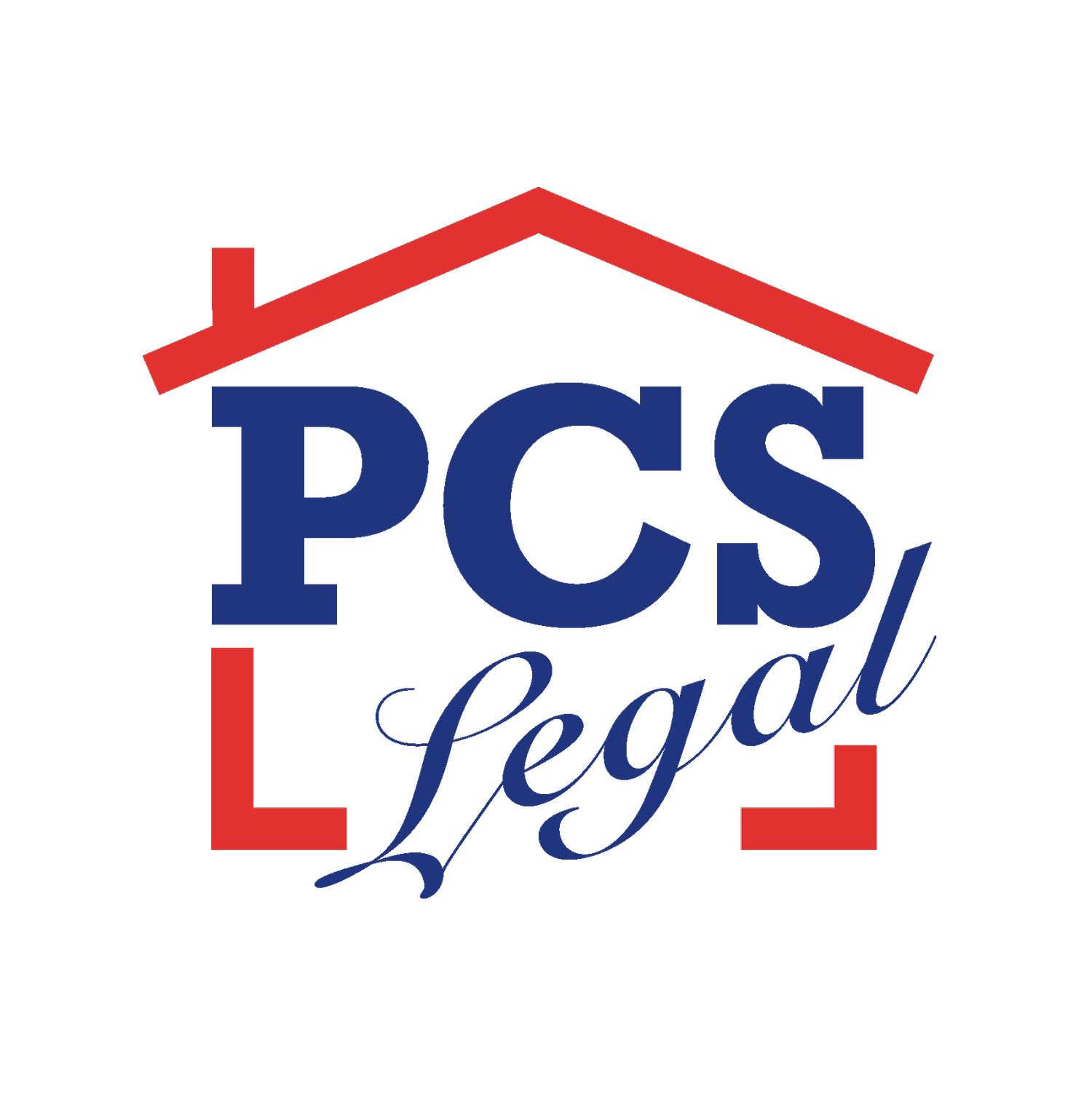WHY YOU MUST DECLARE DISPUTES WHEN SELLING YOUR HOME
When it comes to selling your home, honesty is not just the best policy, it is a legal requirement. One of the most commonly misunderstood aspects of the property selling process is the obligation to disclose disputes with neighbours. This includes those that might seem minor or informal, such as disagreements over trees.
What types of disputes should you disclose?
Disputes that require disclosure range from the obvious to the easily overlooked. These can include boundary disagreements, complaints about noise, shared driveway or access issues, problems with building extensions, and even rows over the placement of bins. One particularly common and often underestimated source of tension between neighbours involves trees, whether it’s a dispute over falling leaves, blocked sunlight, root damage, or overhanging branches.
Do you have to declare tree-related disputes when selling?
Absolutely – yes. You must declare all disputes, including those involving trees. As part of the conveyancing process, sellers are required to complete a Property Information Form (known as the TA6 form). One of the most important sections in this form asks whether there have been any disputes or complaints with neighbours.
This does not just apply to legal actions or formal letters. Informal disagreements, for example, over a tree that blocks sunlight, sheds leaves into a neighbour’s garden, or causes damage to fences or outbuildings, are still considered relevant and must be disclosed.
What qualifies as a “dispute”?
It is a common misconception that only legal proceedings count as disputes. In reality, the definition is much broader. A “dispute” can include:
- Verbal arguments or confrontations
- Written complaints, including emails or letters
- Complaints made to a local authority (such as the council)
- Mediation efforts, whether successful or not
- Ongoing tensions, even if they have since been resolved
If there has been a history of correspondence or repeated discussions about an issue, even something as seemingly small as a tree’s roots encroaching onto a neighbouring property, that should be disclosed.
Failure to declare a dispute can have serious consequences. If a buyer discovers post-sale that you withheld this information, they could take legal action. This might result in financial compensation or, in extreme cases, the buyer rescinding the purchase entirely.
At PCS Legal, we have seen buyers attempt to undo transactions based on undisclosed disputes. Withholding such details may save you a difficult conversation now but it could cost you far more later.
Disclosing a past or ongoing dispute does not automatically jeopardise your sale. In fact, buyers are more likely to appreciate transparency than be deterred by minor issues, especially if they have been resolved. It also gives your conveyancer the opportunity to present the facts clearly and legally, protecting you from future liability.
If you are unsure whether something qualifies as a disclosable issue, it is always best to err on the side of caution. Speak to your conveyancer, and ensure the TA6 form is completed thoroughly and truthfully.
